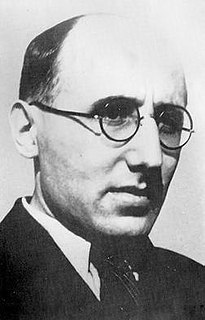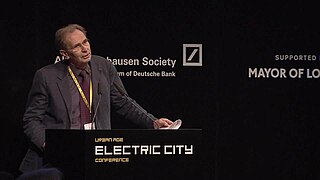Related Research Articles

Manuel Castells Oliván is a Spanish sociologist. He is well known for his authorship of a trilogy of works, entitled The Information Age: Economy, Society and Culture. He is a scholar of the information society, communication and globalization.

Norbert Elias was a German sociologist who later became a British citizen. He is especially famous for his theory of civilizing/decivilizing processes.

In sociology, the ruling class of a society is the social class who set and decide the political agenda of society. In Marxist philosophy, the ruling class are the capitalist social class who own the means of production and by extension determine and establish the dominant ideology of society by way of cultural hegemony. In the 21st century, the worldwide political economy established by globalization has created a transnational capitalist class that is not native to any one country.

In Marxist philosophy, the term dominant ideology denotes the attitudes, beliefs, values, and morals shared by the majority of the people in a given society. As a mechanism of social control, the dominant ideology frames how the majority of the population thinks about the nature of society, their place in society, and their connection to a social class.
David G. Bromley is a professor of sociology at Virginia Commonwealth University, Richmond, VA and the University of Virginia, Charlottesville, VA, specialized in sociology of religion and the academic study of new religious movements. He has written extensively about cults, new religious movements, apostasy, and the anti-cult movement.

John Richard Urry was a British sociologist who served as a professor at Lancaster University. He is noted for work in the fields of the sociology of tourism and mobility.
Scott Lash is a professor of sociology and cultural studies at Goldsmiths, University of London. Lash obtained a BSc in Psychology from the University of Michigan, an MA in Sociology from Northwestern University, and a PhD from the London School of Economics (1980). Lash began his teaching career as a lecturer at Lancaster University and became a professor in 1993. He moved to London in 1998 to take up his present post as Director for the Centre for Cultural Studies and Professor of Sociology at Goldsmiths College.

Sylvia Theresa Walby is a British sociologist, currently Professor of Sociology, Director of the Violence and Society Centre at the City University of London. She has an Honorary Doctorate from Queen's University Belfast for distinction in sociology. She is noted for work in the fields of the domestic violence, patriarchy, gender relations in the workplace and globalisation.
The following events related to sociology occurred in the 1980s.
The following events related to sociology occurred in the 1990s.
Jonathan H. Turner, is a professor of sociology at University of California, Riverside.
Michael Joseph Mulkay is a retired British sociologist of science.
Siniša Malešević, MRIA, MAE is an Irish scholar who is Full Professor/Chair of Sociology at the University College, Dublin, Ireland. He is also a Senior Fellow and Associate Researcher at Conservatoire national des arts et métiers (CNAM), Paris, France.
John A. Hall is the James McGill Professor of Comparative Historical Sociology at McGill University, Montreal. He is the author or editor of over 20 books.
Stephen Park Turner is a researcher in social practice, social and political theory, and the philosophy of the social sciences. He is Graduate Research Professor in the Department of Philosophy of the University of South Florida, where he also holds the title Distinguished University Professor. He has held a NEH Fellowship, was Simon Honorary Professor at Manchester University and has twice been the Advanced Fellow at the Swedish Collegium for Advanced Studies

John Peter Scott is an English sociologist working on issues of economic and political sociology, social stratification, the history of sociology, and social network analysis. He is currently working independently, and has previously worked at the Universities of Strathclyde, Leicester, Essex, and Plymouth. He is a Fellow of the British Academy, a Fellow of the Royal Society of Arts, and a Fellow of the Academy of Social Sciences. He has been a member of the British Sociological Association since 1970. In 2015 he became Chair of Section S4 of the British Academy. In 2016 he was awarded an Honorary Doctorate of Essex University.
Kevin Ward is a British geographer and academic. Since 2007, he has been Professor of Human Geography at the University of Manchester.
Alan Warde, FBA, FAcSS is a British sociologist and academic. He has been Professor of Sociology at the University of Manchester since 1999.
Russell Keat is a political theorist and retired academic. He was Professor of Political Theory at the University of Edinburgh from 1994 until his retirement in 2006.
Knowledge Elite and the Failure of Prophecy is a 1985 book by Eva Etzioni-Halevy in which the author studies intellectual knowledge in contemporary societies.
References
- 1 2 Jeffrey Chapman, Contemporary Authors: New Revision Series (Gale, 1997), vol. 59, p. 1.
- ↑ "Nick Abercrombie", SAGE Publications. Retrieved 23 July 2019.
- ↑ Centre for Death and Society Conference 2013: Book of Abstracts (Centre for Death and Society, University of Bath, 2013), p. 1.
